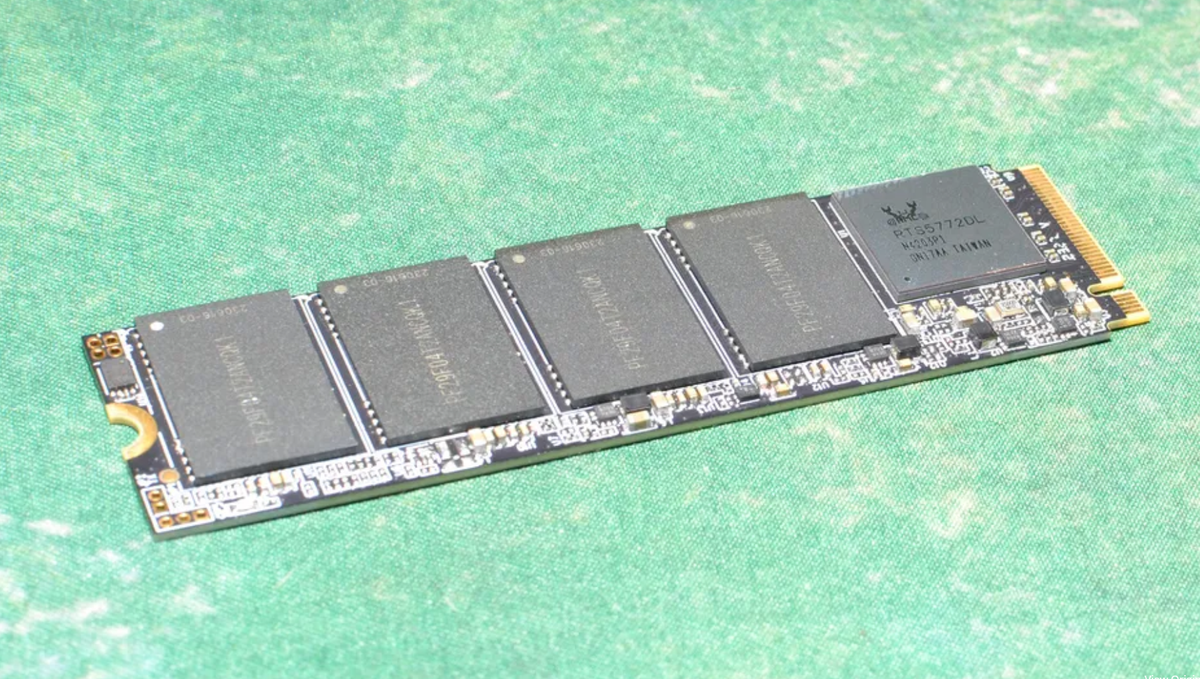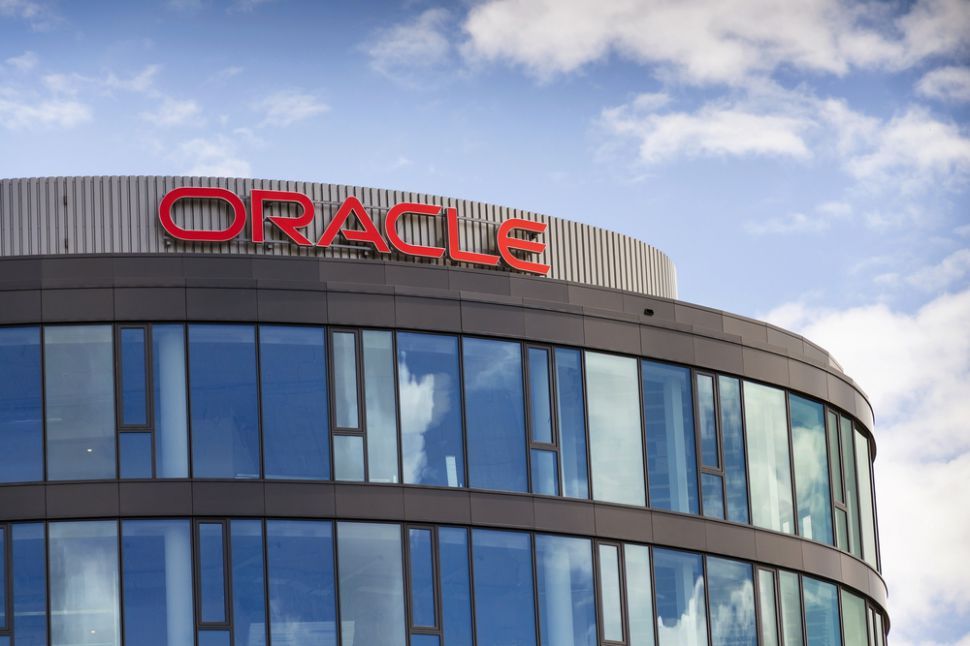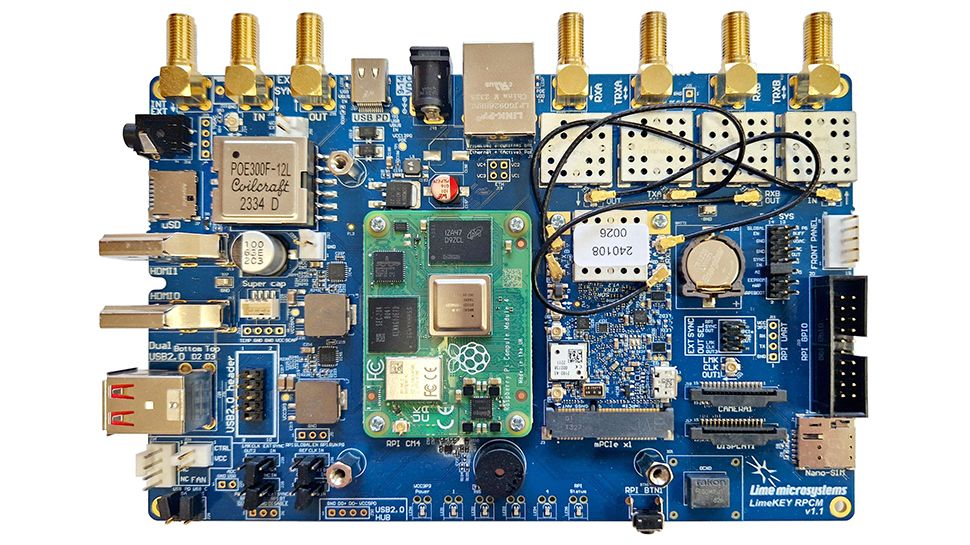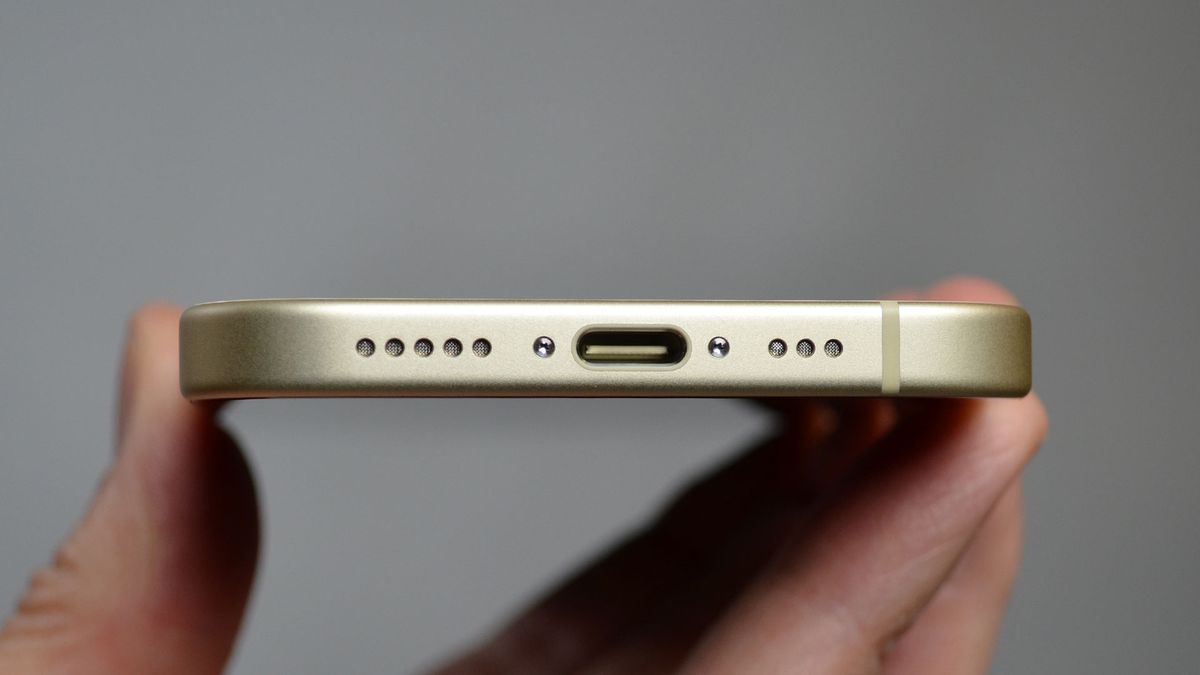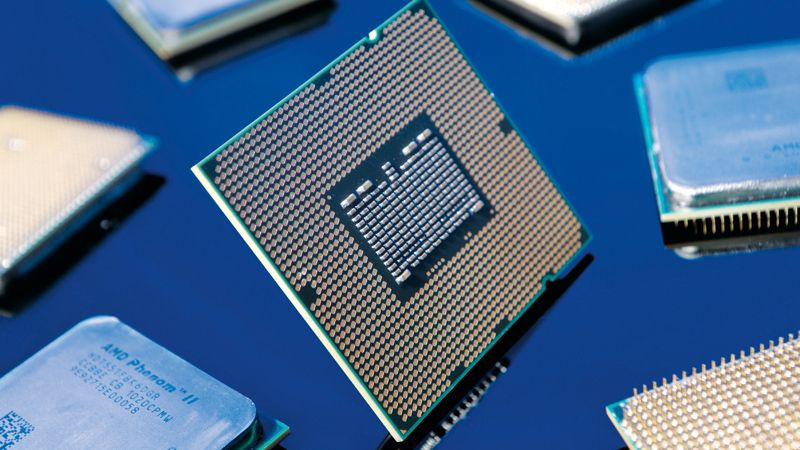A Chinese company that rose to fame in early 2024 with the world's first 2TB microSD card. that we have already tried – now plans to launch a 16TB PCIe NVMe SSD, also the world's first, at Computex 2024.
Precise details are scarce, with AGI's press release only mentioning “a 16TB PCIe SSD that leads in the HMB domain and provides unmatched performance” along with an image of an M.2 2280 SSD.
We do not know if it will be a 4th or 5th generation PCIe model, if it will have a graphene heatsink but it will almost certainly use QLC parts.
New player in town?
Right now, there are about a dozen 8TB PCIe NVMe SSDs; Shaped like a stick of gum, they are popular upgrades for mobile workstations, mini PCs, PS5 gaming consoles or NAS SSDs where their data density counts.
They command a significant premium: at the time of writing, the cheapest model is the Sabrent Rocket Q NVMe, which is a PCIe 3.0 part and sells for $800. A 16TB SSD based on the same price per TB would cost a whopping $1,600, if not more, given that it's a premium model.
That's a bit more expensive than, say, the enterprise-focused Solidigm D5-P5316, which starts at $1,490 but the latter is a 2.5-inch SSD, so it's much larger and won't fit in a laptop, and It has a smaller capacity.
8TB SATA SSD could be a bargain
As for the acronym HMB, it refers to a technology called Host memory buffer which is a popular way for manufacturers to reduce costs by eliminating DRAM components while maintaining performance; Doing so also frees up space to add additional memory chips.
AGI also plans to introduce an 8TB SATA SSD that will compete with the Samsung 870QVO, the most popular drive of this size and which sells for around $600. The unnamed device is expected to push “the limits of consumer storage, setting a new benchmark for capacity” and will likely integrate its current AI238 family, which comes with a three-year warranty.
The company also produces portable SSDs, USB flash drives, and DDR5 and DDR4 memory modules. We have contacted AGI for review samples and additional details on these products. We will update the article in due time.
The appetite for high-capacity SSDs in the consumer market is too small, which explains why most laptops selling for less than $1,000 come with up to 2TB. The advent of cloud storage, along with the ability to run software as a service (i.e. from the cloud), means that 2TB is enough for most.
Additionally, large laptops (15.6 inches and up) often have a spare SSD slot, meaning you can add another empty SSD for additional capacity, eliminating the need to go for the largest model with a higher price.

